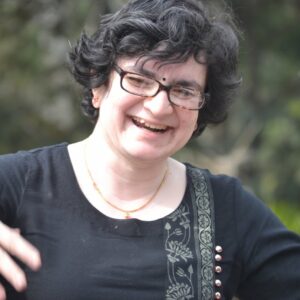November 10th is celebrated as the World Science Day for Peace and Development to highlight the relevance of science in everyday life and to create a conversation with the public on science. In the December 2021 session of the United Nations General Assembly (UNGA), the coming year was declared as the International Year of Basic Sciences in Sustainable Development, also the theme of this year’s World Science Day.
It is common to hear scientists emphasising the need for research in basic sciences. But one can’t help wondering if this is a general sentiment or one of scientists with a conflict of interest, since they themselves have invested their lives in basic sciences. After all, what use is basic science research for the general public, the society or world? Having the UNGA endorse basic sciences made us think once more on this issue and the World Science Day in 10 days seemed like a good time to talk about it.
So, Basic Sciences in Sustainable Development? What is that? In the 2015 UNGA all the participants agreed to strive towards 17 Sustainable Development Goals (SDGs) to be achieved by 2030. As a biomedical institute we will here discuss only the one SDG where we can make a direct contribution to viz. SDG-3: Good Health and Well Being. The targets we have set for ourselves are many and they include universal access to healthcare, reduce maternal mortality rate, end preventable deaths of newborns and infants, end communicable diseases, water borne diseases and other infectious diseases, develop vaccines and therapeutics, prevent substance abuse and many many more.
How could we hope to meet any of these lofty goals if we continue working on basic questions of biology? After all, most of us would dedicate our research lives to hypothesizing, predicting, testing and theorizing on what some might call obscure questions such as how a protein folds, what a mutation would do to a protein’s function or how the expression of a gene is regulated! But when you think about it, these are the same questions that would lead us to solve problems of how to optimize production of protein vaccines or why some people cannot absorb a particular nutrient or why some individuals are more prone to addiction than others! Would we still think that research into basic sciences is not relevant to the general public, society or the world? On that note, let us go back to the bench and hunker down and try to solve those obscure questions of biology. Let us also take those solutions and walk that last mile to reach those ambitious sustainable development goals that we as the people of the world have set for ourselves.



